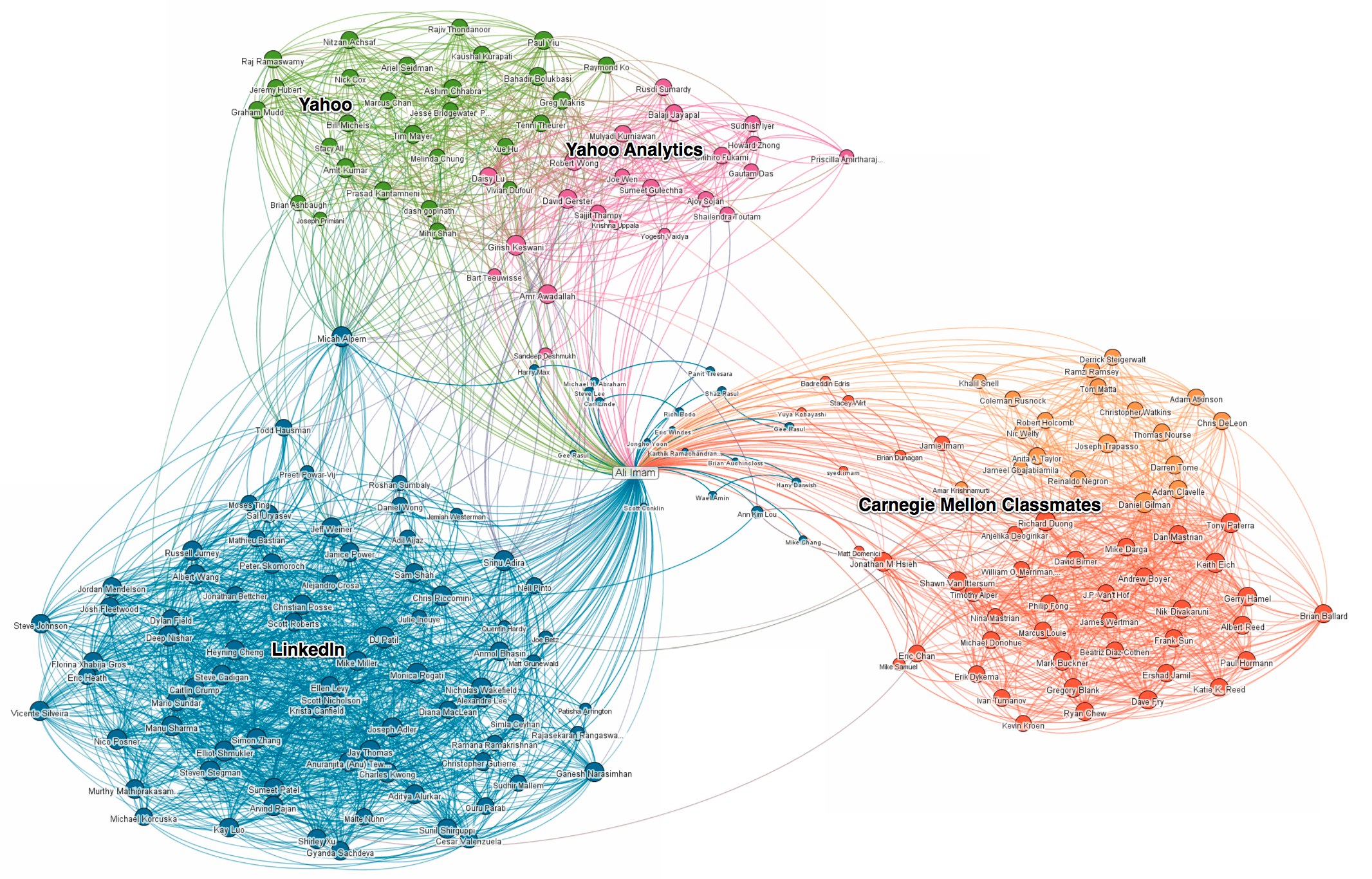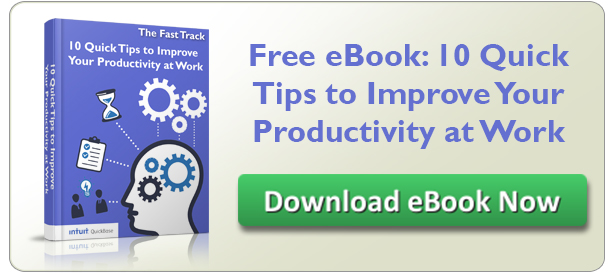 We’ve all heard about the importance of establishing strong business relationships a million times. After all, it’s important to be able to go to people close to you, who you trust, when you’re in need of advice, contacts, or a job.
We’ve all heard about the importance of establishing strong business relationships a million times. After all, it’s important to be able to go to people close to you, who you trust, when you’re in need of advice, contacts, or a job.
Right?
Weak ties actually get better results
According to Wharton business professor Adam Grant, author of the new book, Give and Take, you shouldn’t rely solely on your closest networking contacts to help you advance. Grant refers to a study by Mark Granovetter, which showed that people were actually 58 percent more likely to find a new job through weak ties rather than strong ties.
Could this just be a numbers game? After all, we have many more weak connections than strong ones. Grant disagrees. He suggests that, despite their good intentions, strong ties often provide us with repetitive information. They move in the same circles as we do and share similar views. In a tough job hunt or challenging career change, this may not be enough.
Weak ties, on the other hand, know different people entirely and can offer us more efficient access to novel information. So by reaching out to a weak tie, you are much more likely to hit upon something that wouldn’t normally come your way.
And dormant ties are best of all
Our online networks (LinkedIn, Facebook, etc.) are full of weak ties, but it can be awkward to approach them, and when you do you may not always hear back. Grant suggests also considering your dormant ties. Dormant ties are people with whom you’ve lost touch for a few years: a childhood neighbor, a college roommate, or a colleague from your first job.
In an additional piece of research, Levin et al asked executives to seek advice on a major work project from two dormant ties. When they compared the value of these conversations to the advice from current contacts, the dormant ties were actually more useful. This is presumably because in the years since the executives last communicated with the dormant ties, the dormant ties connected with new people and knowledge. But unlike with weak ties, the history and shared experience with dormant ties made it faster and more comfortable to reconnect, and the executives could count on them to care more.
Don’t forget your networking basics
No matter the type of networking contact, beware of showing up out of nowhere with your hand out. Nobody likes to feel used, whether they are your best friend or someone you don’t know from Adam. In building your network, set aside time to reach out to your strong, weak, and dormant ties periodically just to say hello and touch base so future contact doesn’t seem out of the blue.
Always be looking for ways to help other people without expecting anything in return. Thinking about what others need can help you target your overtures more effectively, and your generous spirit will make it more likely that you will receive assistance from others when you need it. Finally, remember to practice the 3/6 rule of networking so that you don’t appear to be stalking your contacts. Reach out 3 times in 6 weeks, and if you don’t get a response, move on to someone who will be more receptive to your overtures.
Photo Credit © LinkedIn blog
